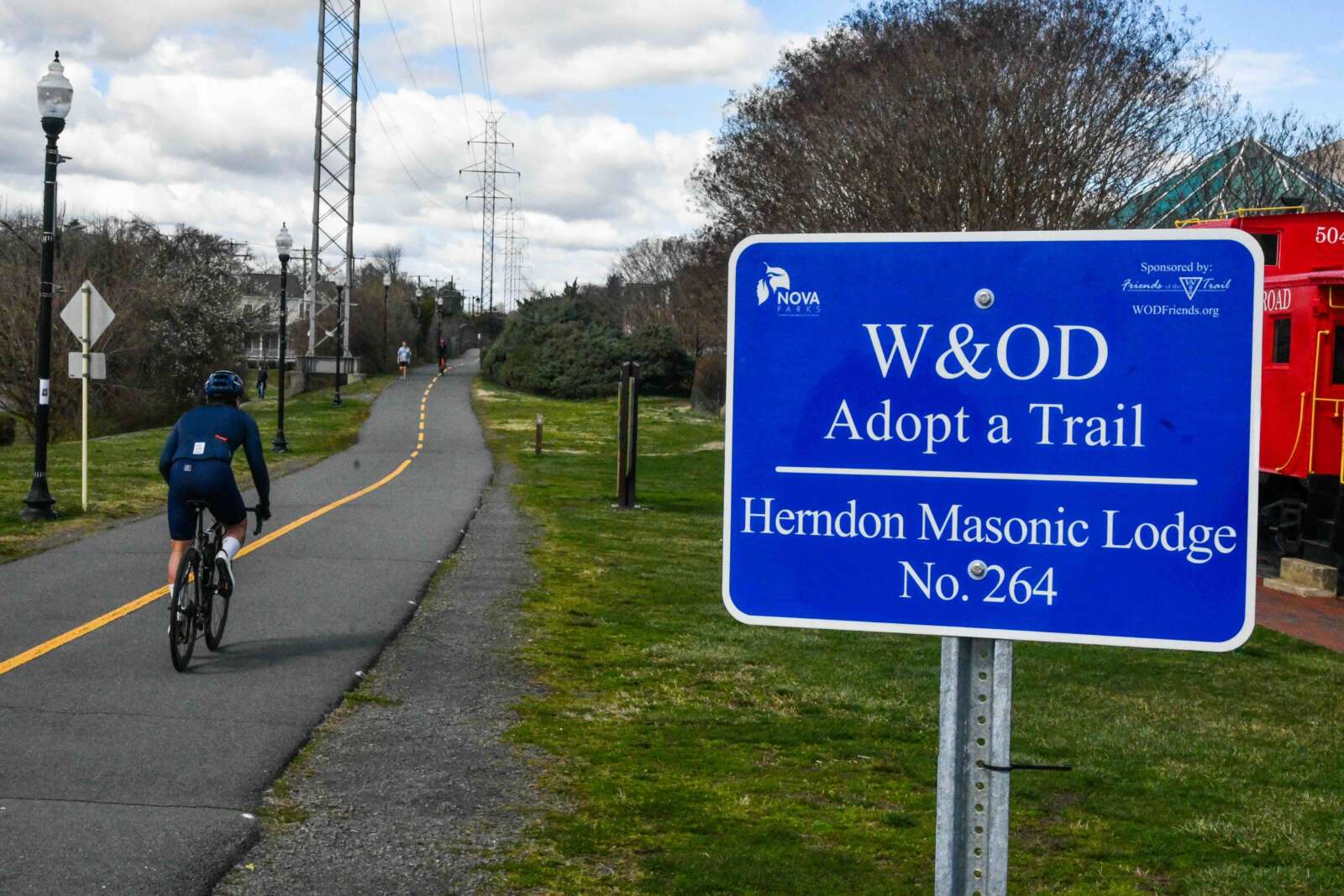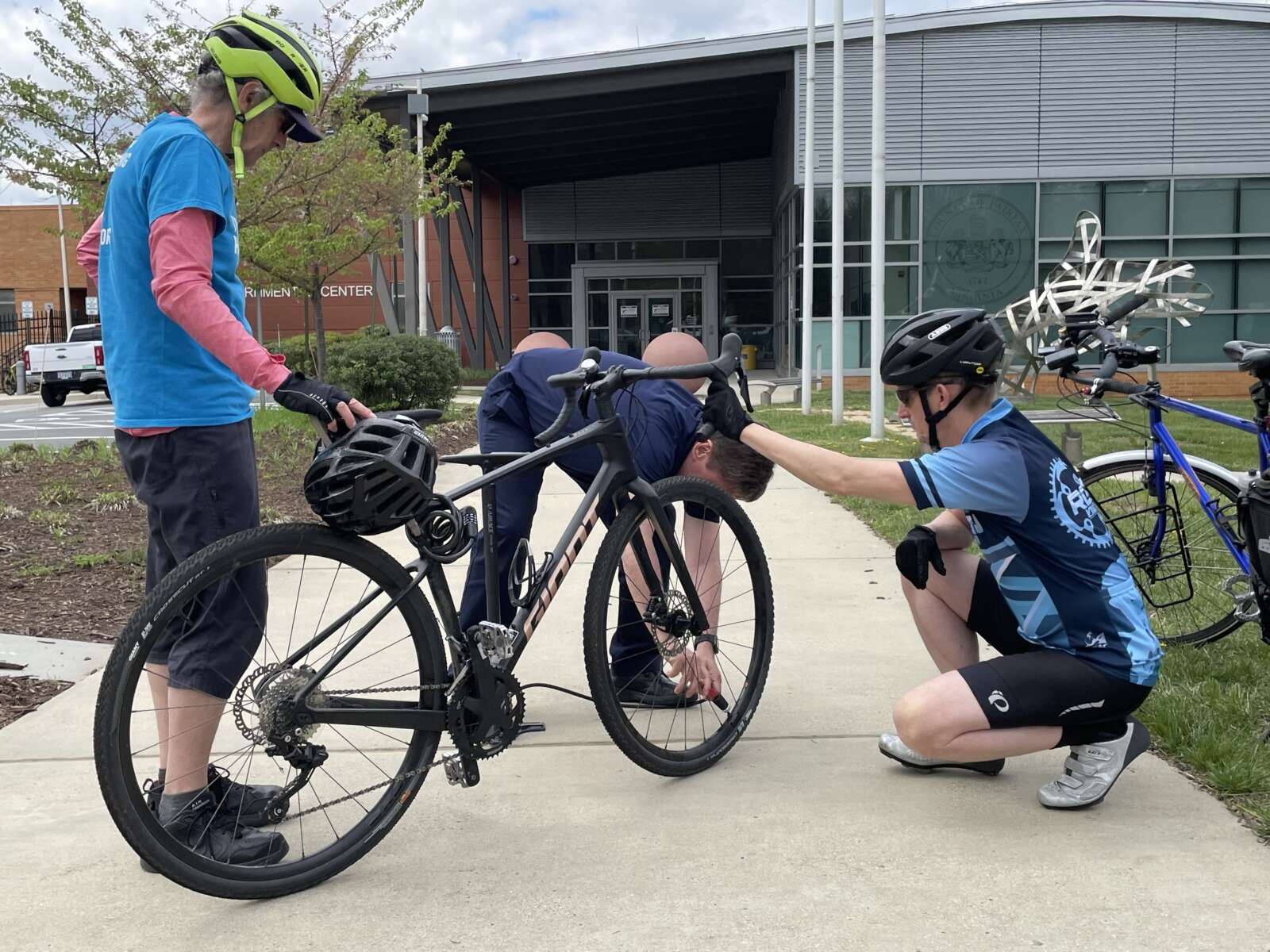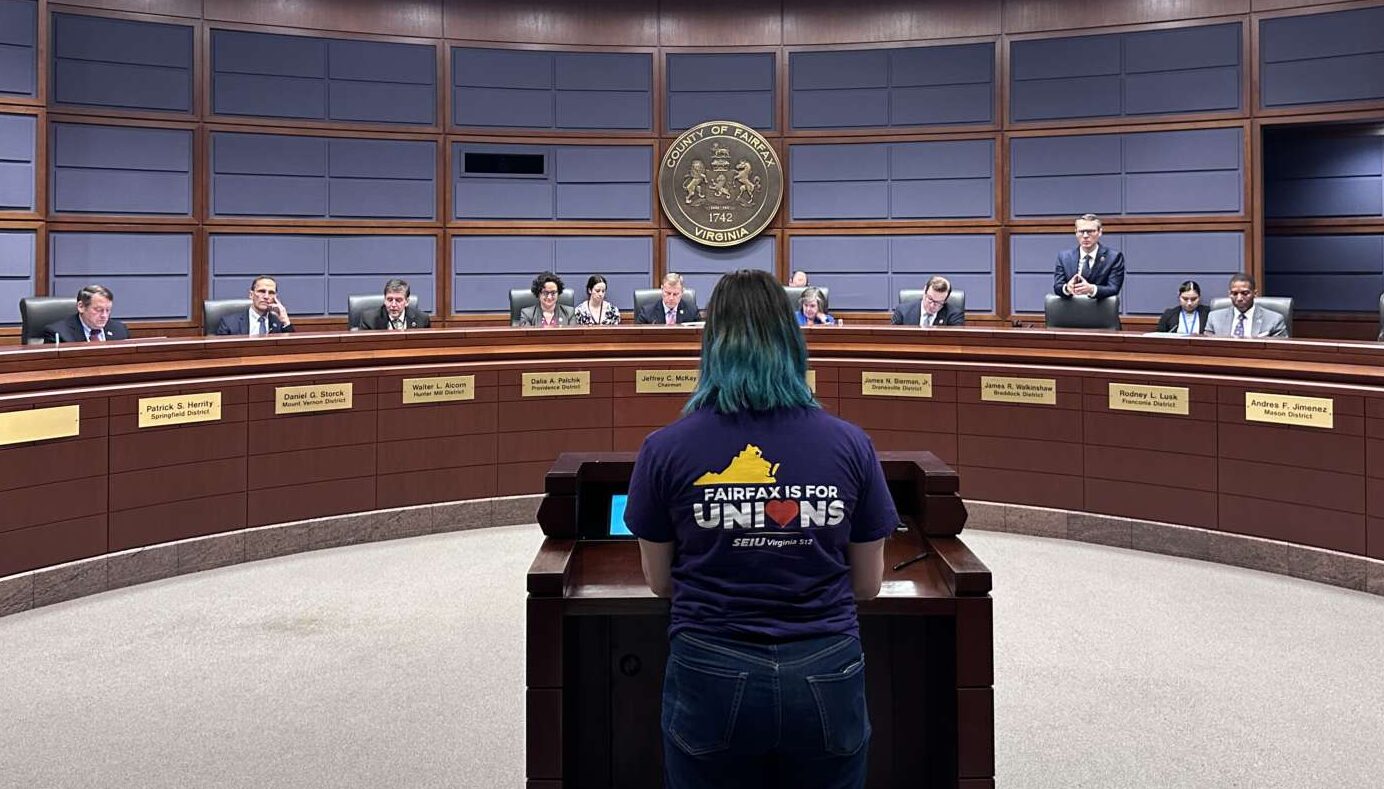This is a sponsored column by attorneys John Berry and Kimberly Berry of Berry & Berry, PLLC, an employment and labor law firm located in Northern Virginia that specializes in federal employee, security clearance, retirement and private sector employee matters.
By John V. Berry, Esq.
The U.S. Supreme Court, on June 15, 2020, by a 6-3 vote, in the case of Bostock v. Clayton County, ruled that federal law protects gay and transgender workers (or applicants) from employment discrimination. A copy of the new landmark Supreme Court case is provided here.
In short, the new court case found that “an employer who fires an individual merely for being gay or transgender violates Title VII” of the Civil Rights Act.” This is a landmark decision, the extent of which will evolve in the years to come as other courts start hearing these types of employment discrimination cases.
Why is the Ruling Important?
The major reason why the Supreme Court decision is so important is that there have been few protections against sexual orientation discrimination (even fewer for transgender discrimination) under various state laws. Less than one-half of the states have laws banning sexual orientation or gender identity discrimination (Virginia enacted one recently).
For the first time, employees in all 50 states have protections from this type of discrimination. This ruling makes it just as illegal under the Civil Rights Act of 1964 for an employer to discriminate against someone for being gay or transgender as it does for employers to discriminate against employees based on race, sex or religion.
Justice Neil Gorsuch, in drafting the Supreme Court’s decision, reasoned that while the Civil Rights Act was passed in 1964, the language used at the time by Congress had many unintended consequences at the time which have come to light over the past 56 years. Justice Gorsuch believed that the language in the 1964 law applied to gay and transgender employees:
“In Title VII, Congress adopted broad language making it illegal for an employer to rely on an employee’s sex when deciding to fire that employee. We do not hesitate to recognize today a necessary consequence of that legislative choice: An employer who fires an individual merely for being gay or transgender defies the law.”
Three Justices disagreed, including Samuel Alito, Clarence Thomas and Brett Kavanaugh.
What does the Ruling Mean?
The new Supreme Court ruling means that employees (or applicants) who are fired, not hired, or otherwise discriminated against at work because they are gay or transgender, will be able to file equal employment opportunity (EEO) complaints and sue their employers in federal court for illegal discrimination.
The Equal Employment Opportunity Commission is currently revising their website to account for this new decision and their role in enforcing the decision of the Supreme Court in the 50 states.
Because the Civil Rights Act applies to employers with 15 or more employees, there remains a gap in protections for gay and transgender employees in the 25 or so states without state law protections. There is also the hope that some states that don’t specifically protect gay or transgender employees from discrimination may interpret their own civil rights laws to now include such protections taking a cue from the U.S. Supreme Court.
In short, it is the first federal step in protecting gay and transgender employees from employment discrimination. It is also long overdue.
Contact Us
If you are in need of employment law legal representation or advice, please contact our office at 703-668-0070 or through our contact page to schedule a consultation. Please also visit and like us on Facebook or Twitter.






